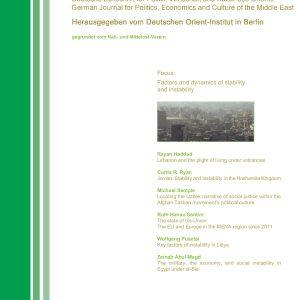Description
This article considers how Uzbek members of the Afghan Taliban Movement thought about ethnic relations and pursued a notion of social justice in their dealings with the ethnic Pashtun leadership of the movement. The political culture of the movement frustrated the Uzbeks’ aspirations to control appointments of officials in areas inhabited by Afghanistan’s Turkic minorities. The contradictions between Taliban political culture and the Uzbeks’ idea of social justice drove strategic decisions by Uzbek and Turkman Taliban during the post-2001 phase of jihadi, including their attempt to align with the Islamic Movement of Uzbekistan.
Michael Semple is a professor at the Senator George J. Mitchell Institute for Global Peace, Security and Justice, Queen’s University Belfast. He conducts research and dialogue, delivers policy advice and participates in the public debate on conflict and peacemaking in Southern Asia and the Middle East. He has published extensively on the Taliban movement. His recent work includes research into the political culture of the Taliban and its implications for peace-making strategies. He has worked and travelled extensively in Afghanistan and Pakistan for three decades. He has served with the United Nations and was deputy to the European Union Special Representative in Afghanistan.




Reviews
There are no reviews yet.